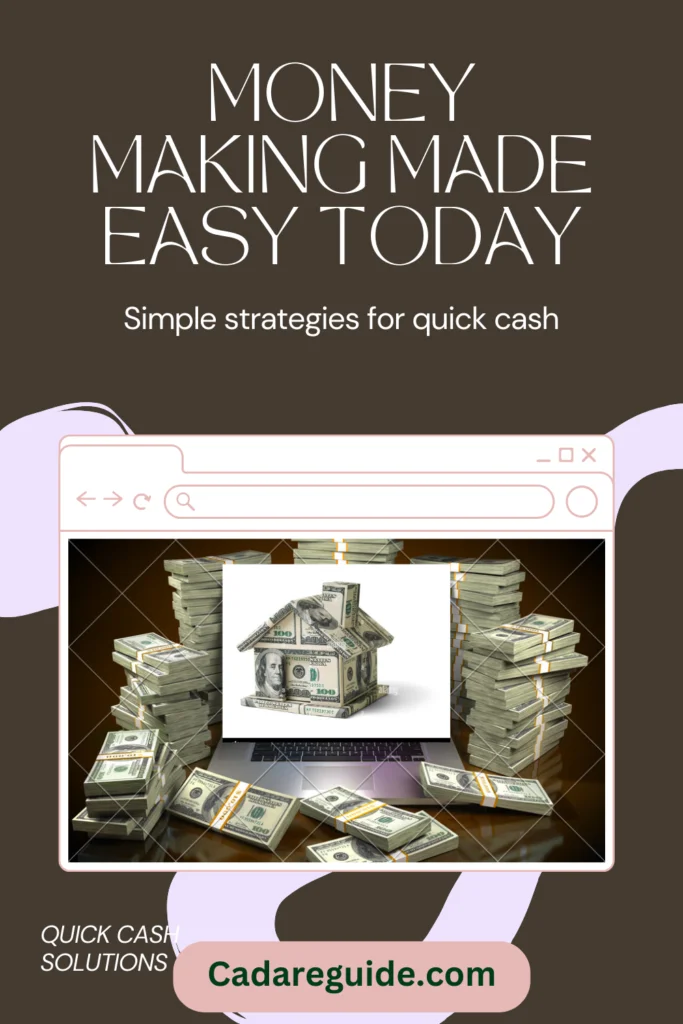Pay-Per-Click (PPC) Advertising:
Introduction

Search engine marketing is one of the most effective forms of online advertising; Advertisers only pay when someone clicks on the ad. It is a technique of paying for the traffic to your site as opposed to striving to acquire that traffic on your own. Search engine advertising known as PPC is common on search engine and social media platforms as well as websites. In this advertorial, the author expounds on some of the facets of PPC advertising where he covers its advantages as well as the procedures involved in it, and tips on how to conduct efficient advertising campaigns.
What is PPC Advertising?
Pay-Per-Click (PPC) Advertising PPC is one of the models of Internet marketing where the advertiser pays to have its link placed in a specific search engine’s sponsored links when a user searches on a keyword relevant to the business offering. For instance, when we are bidding on the keyword ‘PPC software’ then the ad could appear at the top of the Google search results.
How Does PPC Work?
PPC works in a straightforward manner:PPC works in a straightforward manner:
- Keyword Research: Marketers find out keywords regarding their business that the customers may use while looking for the information on the Web.
- Bid Setting: It outlined the maximum bid for any each keyword, which is the most any member is willing to pay for a click on an ad.
- Ad Creation: Advertisers design impressive banners because they want those who see those banners to click on the links to the ads.
Benefits of PPC Advertising
- Immediate Results: Unlike SEO, which can take months to show results, PPC campaigns can start driving traffic to your site almost immediately.
- Targeted Audience: PPC allows for precise targeting based on demographics, location, device, time of day, and more.
- Measurable ROI: PPC provides detailed metrics and analytics, enabling advertisers to measure the effectiveness of their campaigns and optimize accordingly.
- Budget Control: Advertisers have control over their budgets, allowing for flexibility in spending.
- Enhanced Brand Recognition: Even if users don’t click on your ad, it still increases brand visibility and awareness.

